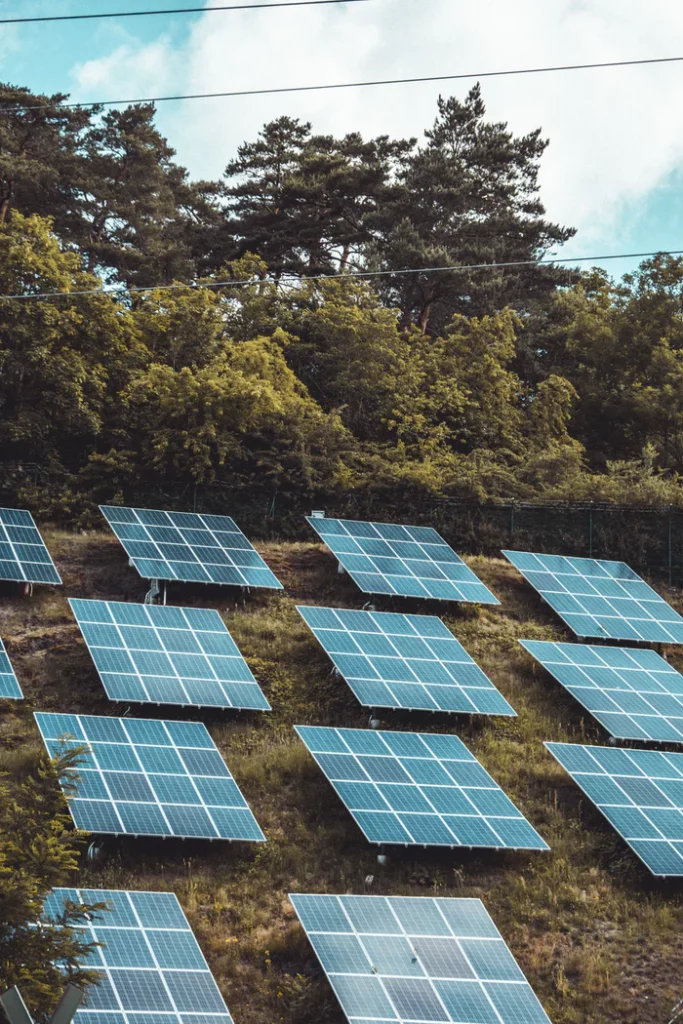Photovoltaics (PV) has become the cheapest source of electricity in many countries and every two years, the capacity is roughly doubled, but it is uncertain if this growth will be sustained. If potential barriers to deployment are addressed, PV could cost-competitively supply 30-50% of global electricity by 2050. Two potential barriers which need to be addresses could hinder continued growth: integration challenges, as many options exist, and the financing costs require international cooperation.
INNOPATHS
 The Paris Agreement substantially increased the need for countries and regions to understand the full economic, social and environmental implications of the deep decarbonisation to which the global community is now committed. The EU has long had decarbonisation ambitions, but there remains considerable uncertainty as to precisely how these ambitions will be achieved, or what the impacts of such achievement will be on the EU economy and society more generally. INNOPATHS will resolve this uncertainty to the extent possible, will characterise and provide a quantification of the uncertainty which remains, and will describe in great detail a number of possible low-carbon pathways for the EU, together with the economic, social and environmental impacts to which they are likely to lead. These pathways will be co-designed with the aid of 23 stakeholders from different sectors who have already provided letters of support to INNOPATHS. INNOPATHS will suggest through this analysis how the benefits of these pathways, such as new industries, jobs and competitiveness, may be maximized, and how any negative impacts, such as those on low-income households, or on carbon-intensive sectors, may be mitigated. INNOPATHS will communicate its insights through the normal scientific channels, and make substantial contributions to the scientific literature, but will go well beyond this in terms of interactions with stakeholders, building on the co-design processes in the project to reach out to stakeholder networks of businesses, NGOs, local and national policy makers. INNOPATHS will create four innovative online tools to explain its pathways, technological transitions and policies, to different constituencies. Through these tools and other dissemination and communication mechanisms, INNOPATHS will have a substantial impact on the climate and energy policy debates up to and beyond 2020, increasing the probability that decisions in this area will be taken in an informed and cost-effective way.
The Paris Agreement substantially increased the need for countries and regions to understand the full economic, social and environmental implications of the deep decarbonisation to which the global community is now committed. The EU has long had decarbonisation ambitions, but there remains considerable uncertainty as to precisely how these ambitions will be achieved, or what the impacts of such achievement will be on the EU economy and society more generally. INNOPATHS will resolve this uncertainty to the extent possible, will characterise and provide a quantification of the uncertainty which remains, and will describe in great detail a number of possible low-carbon pathways for the EU, together with the economic, social and environmental impacts to which they are likely to lead. These pathways will be co-designed with the aid of 23 stakeholders from different sectors who have already provided letters of support to INNOPATHS. INNOPATHS will suggest through this analysis how the benefits of these pathways, such as new industries, jobs and competitiveness, may be maximized, and how any negative impacts, such as those on low-income households, or on carbon-intensive sectors, may be mitigated. INNOPATHS will communicate its insights through the normal scientific channels, and make substantial contributions to the scientific literature, but will go well beyond this in terms of interactions with stakeholders, building on the co-design processes in the project to reach out to stakeholder networks of businesses, NGOs, local and national policy makers. INNOPATHS will create four innovative online tools to explain its pathways, technological transitions and policies, to different constituencies. Through these tools and other dissemination and communication mechanisms, INNOPATHS will have a substantial impact on the climate and energy policy debates up to and beyond 2020, increasing the probability that decisions in this area will be taken in an informed and cost-effective way.
Project details
- Project title: “Innovation pathways, strategies and policies for the Low-Carbon Transition in Europe” (CARISMA)
- Funding scheme: European Union Horizon 2020 Programme (EU H2020, grant agreement no. 730403)
- Duration: 4 years (1 December 2016 – 30 November 2020)
- Project coordinator: University College London, United Kingdom
- Project website: www.innopaths.eu
1 articles
Sort by

